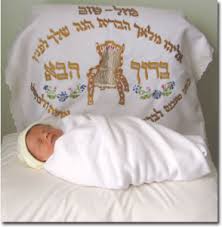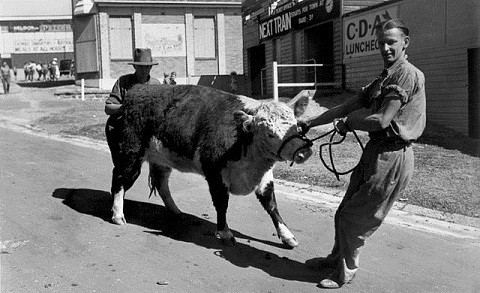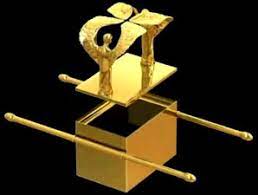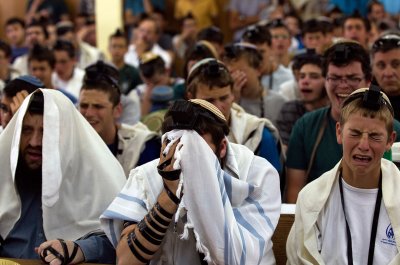“Propriety” was apparently a theme of the Sadducees, or Tziddukim, one of the camps of Jews during the Second Temple period that rejected the the Torah’s “Oral Law,” the key to understanding the true meaning of the Written one. The former, of course, reveals things like that “An eye for an eye” means monetary compensation, and that “totafos” means what we call tefillin.
And so, the Tziddukim rejected the Oral Law’s direction that “Sabbath” in the phrase “from the day after the Sabbath,” directing the beginning of the Omer-counting period, means the first day of Pesach. They felt, they explained, that having two days in a row of rest and festivity – Shabbos and Shavuos, the fiftieth day of the count – would be a nice and proper thing.
And they advocated, too, a change in the Yom Kippur service described in the parsha, at the very crescendo of the day, when the Kohein Gadol entered the Kodesh Hakadashim. The Oral Law prescribes that the incense offered there be lit only after the Kohen Gadol entered the room. The Tziddukim contended that it be lit beforehand. While they offered Written Law support for their position, their true motivation, the Talmud explains, was the “propriety” of doing things differently.
“Does one bring raw food to a mortal king,” they argued, “and only then cook it before him? No! One brings it in hot and steaming!”
The placing of mortal etiquette – “what seems most appropriate” – above the received truths of the mesorah is the antithesis of Torah, whose foundation is not “you do you” but “you do Me.”
Our very peoplehood was forged by our forebears’ unanimous, unifying declaration at Sinai: “Naaseh v’nishma” — “We will do and we will hear!” – “We will accept the Torah’s laws,” in other words, even amid a lack of ‘hearing,’ or understanding, even if we think we have a better idea.”
“Naaseh v’nishma” stands in stark contrast to society’s fixation on not only having things but having them “our way,” and to Jewish groups that want to bring Torah “in line” with contemporary sensibilities.
But from Avraham Avinu’s “ten trials” to 21st century America, Judaism has never been about comfort, enjoyment or personal fulfillment (though, to be sure, the latter emerges from a holiness-centered life). It has been about Torah and mitzvos – about accepting them not only when they sit well with us but even – in fact, especially – when they don’t.
With apologies to JFK speechwriter Ted Sorenson (Jewish mother’s maiden name: Annis Chaikin), Judaism is not about what we’d like Hakadosh Baruch Hu to do for us, but rather about what we are privileged to do for Him.
© 2022 Rabbi Avi Shafran









